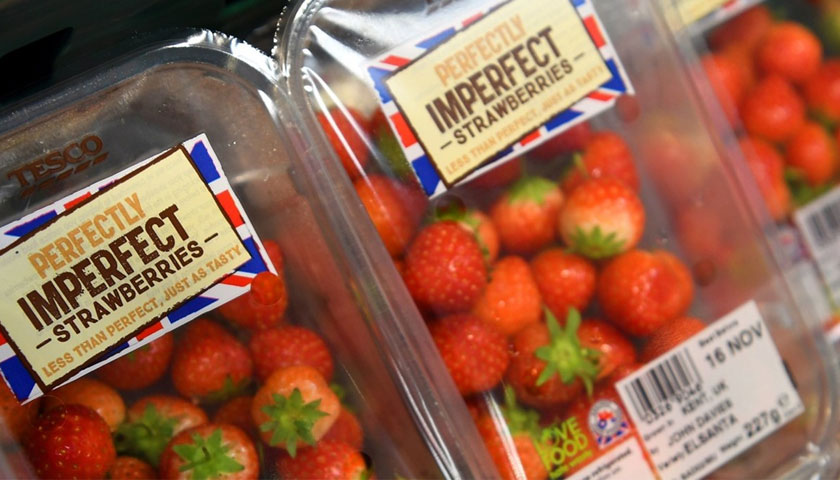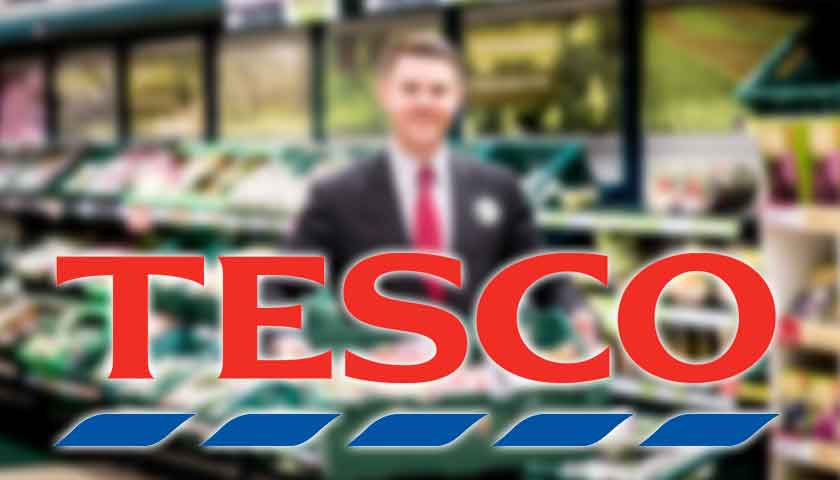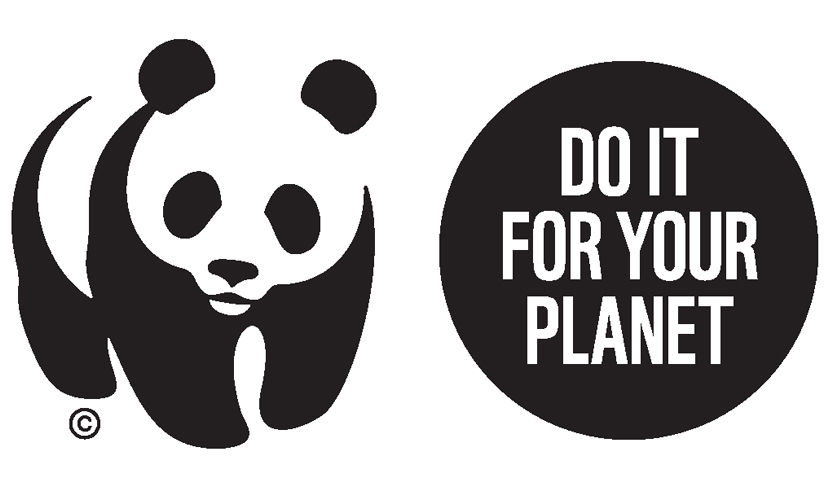A food waste saving initiative, launched by Tesco five years ago, has saved 50 million packs of fruit and vegetables.
The scheme, called Perfectly Imperfect, was launched by the supermarket as a way of offering customers wonky food at risk of becoming waste.
The wonky produce in the range is as fresh and tasty as the regular fruit and vegetables sold by Tesco but is just a little misshapen.
Since launch, customers have purchased 50 million packs of the Perfectly Imperfect range, saving 44,000 tonnes of fruit and veg at risk of going to waste.
The most popular items have been:
- Potatoes – 12.6k tons saved
- Carrots – 10.5k tons saved
- Apples – 8.7k tons saved
- Strawberries – 8.2k tons saved
- Parsnips – 1.7k tons saved
Tony McElroy, Head of Food Waste Reduction at Tesco said:
“With COP26 just days away and people increasingly thinking about ways they can make a difference, it’s the perfect time to talk about food waste.
“Selling wonky fruit and veg is one way that Tesco ensures the food we grow ends up feeding people, but taking steps to tackle food waste is something we can all do.
“This can simply mean writing a list and planning meals before going to the shops; storing things correctly; or looking again at misshapen food and eating it with the knowledge that it’s just as good as the conventionally shaped alternative.”
Perfectly Imperfect launched with just two products – parsnips and potatoes – and now includes 12 different types of fruit and veg: including strawberries, leeks, carrots, lettuce, apples and cauliflowers.
The range changes seasonally to take and sell any surplus fruit and vegetables that are available. Different products move in and out of the range as surplus of wonky produce becomes available.
For example, if sudden changes in the weather lead to a large crop that doesn’t look quite right, then Tesco buyers will consider adding some great value wonky produce into the Perfectly Imperfect range.
Tesco has already used the brand to sell over 17 million punnets of wonky strawberries.
The initiative also helps suppliers as it gives them confidence that Tesco can take much more of the crop, maximising the amount of fresh produce sold in store.
Tesco is on a mission to help halve global food waste by 2030. Its strategy focuses on reducing food loss within operations, working with suppliers, supporting communities and helping customers prevent food waste in the home.
The environmental impact of food waste is responsible for at least eight per cent of global GHG emissions and a contributor of habitat and biodiversity loss.
Other analysis suggests that 8.4 million people in the UK are struggling to afford to eat so it is vital we all do everything we can to tackle this issue.



